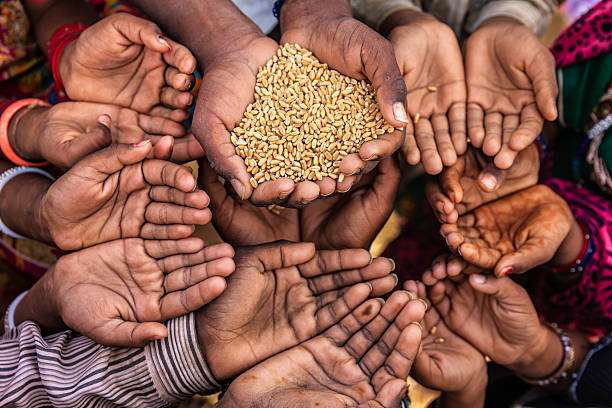MUHAMMADIYAH.OR.ID, RIO DE JANEIRO — The Chairperson of Muhammadiyah Syamsul Anwar joined a high-level delegation led by Indonesia’s Coordinating Minister for Human Development and Culture, Muhadjir Effendi, at the G20 summit in Brazil. The visit, which included a 32-hour journey from Jakarta to Rio de Janeiro, was focused on global efforts to combat hunger and poverty.
“The journey was quite long, taking 32 hours. From Jakarta, we traveled to Kuala Lumpur, Amsterdam, and finally to Rio de Janeiro,” wrote Syamsul Anwar in the early November edition of Suara Muhammadiyah magazine.
Upon arrival in Rio de Janeiro, the delegation was welcomed by the Indonesian Ambassador to Brazil and treated to dinner at the Amir restaurant, owned by Lebanese-Brazilians. The group was then accommodated at the JW Marriott Hotel in the renowned Copacabana beach area.
The primary focus of the visit was the G20 ministerial meeting held at the Galpão da Cidadania, a community center that serves as a public kitchen for the underprivileged.
“The purpose of this meeting was to finalize the working group’s formulation for the G20 Presidency and approve its founding document, which supports the Global Alliance as an initiative emerging from the G20,” explained Syamsul Anwar.
This alliance is designed to accelerate the achievement of the Sustainable Development Goals, particularly in eradicating poverty and hunger.
The meeting highlighted the alarming statistic of 733 million people worldwide suffering from hunger, while more than a third of the global population, or 2.8 billion people, lack access to healthy food. Syamsul Anwar also noted Brazil’s significant achievement in reducing hunger from 17.2 million to 2.5 million people, a success that was widely recognized at the G20 meeting.
Syamsul Anwar linked these global issues to the Al-Ma’un movement of Muhammadiyah, which emphasizes the importance of social welfare, particularly for marginalized communities.
“In several parts of the programs of the Central Board of Muhammadiyah 2022-2027, especially in social service programs, there has been a directive to strive for the well-being of workers, farmers, fishermen, people with disabilities, and other marginalized groups,” he said.
Syamsul Anwar called on all Muhammadiyah members to prioritize the Al-Ma’un teaching, especially in light of global economic instability. He emphasized that this teaching should guide Muhammadiyah social activism and its response to the needs of the disadvantaged.
“We hope that all elements of Muhammadiyah will not neglect the Al-Ma’un teaching, especially in the face of the emerging phenomenon of layoffs,” he said, highlighting the importance of being proactive in addressing the needs of the community.







